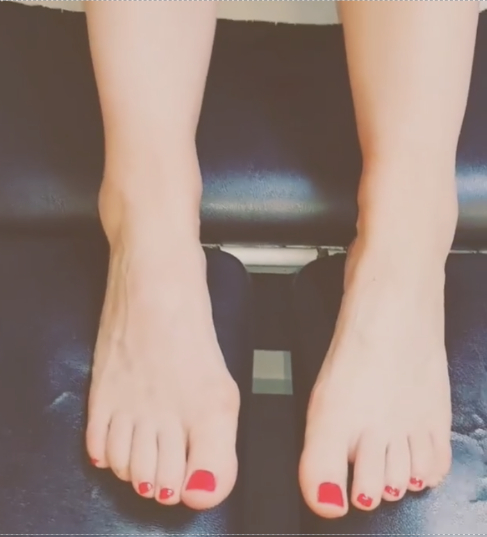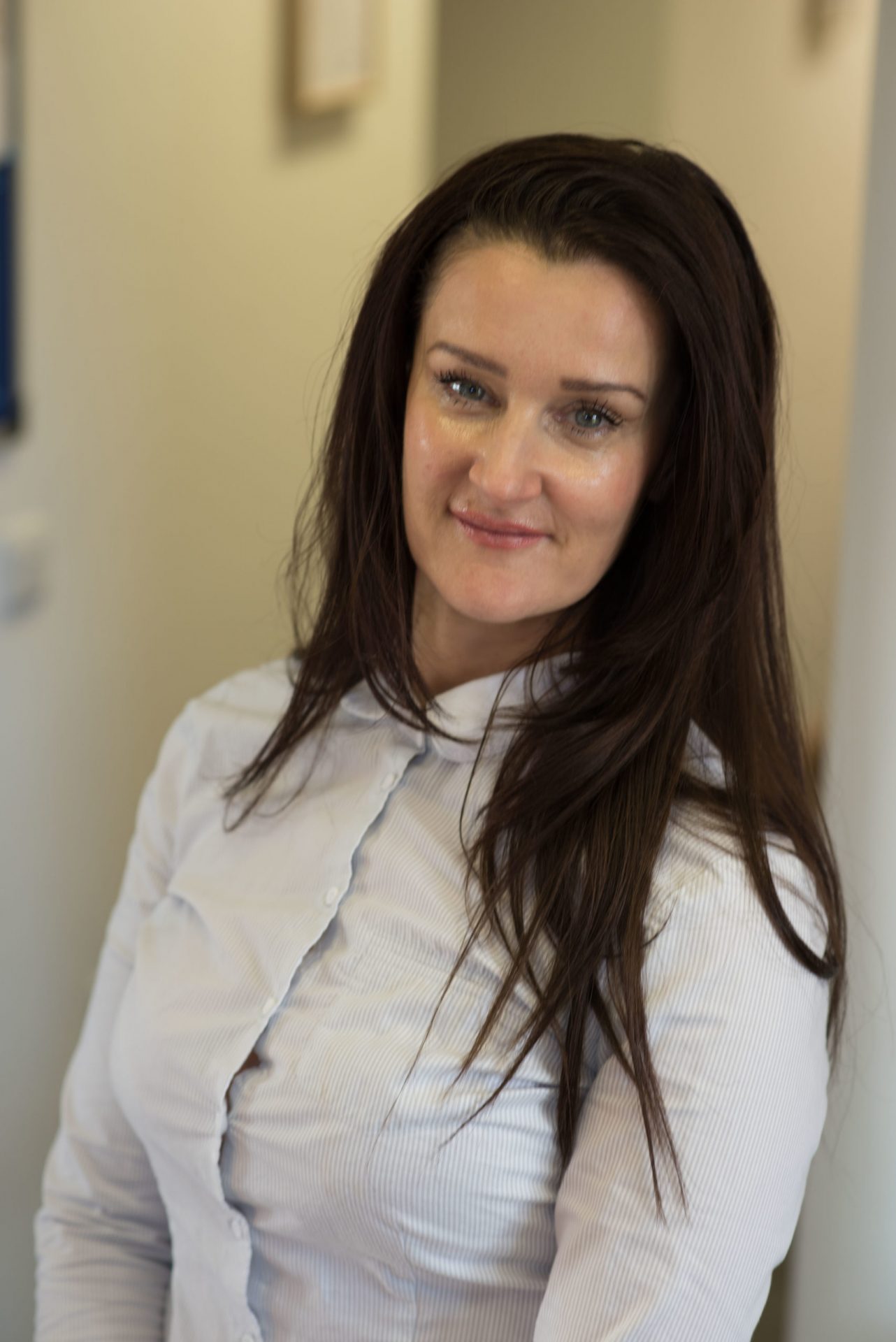What is Maffucci Syndrome?
Maffucci syndrome is an illness that mainly affects the skin and bones. It shows numerous enchondromas that are noncancerous (benign) growths of cartilage which develop in the bones. Enchondromas may cause severe bone abnormalities, shortening of the limbs, as well as fractures. These progressions most normally happen in the limb bones, particularly in the bones of the hands and feet.
Signs and Symptoms
The indications of Maffucci syndrome may be visible at birth, though they mostly do not become obvious until around the age of 5. Enchondromas grow near the ends of bones, where ordinary growth occurs. They often stop developing after affected individuals stop growing in early adulthood. Individuals who have this disorder usually have short figure and underdeveloped muscles as a result of the bone deformities caused by Maffucci Syndrome.
Cause of Maffucci Syndrome
In most people with Maffucci syndrome, the ailment is caused by mutations in the IDH1 or IDH2 gene. These genes provide orders for creating enzymes known as isocitrate dehydrogenase 1 and also isocitrate dehydrogenase 2, respectively. These enzymes transform a compound known as isocitrate to another compound called 2-ketoglutarate. This reaction also creates a molecule called NADPH that is needed for several cellular processes. IDH1 or IDH2 gene mutations results in the enzyme produced from the respective gene to yield on a new, abnormal function. Even though these mutations have been originated in some cells of hemangiomas and enchondromas in individuals with Maffucci syndrome, the correlation between the signs and symptoms and the mutations of the disorder is not well understood.
People with Maffucci syndrome ordinarily have a normal lifespan, and intellect is not affected. The degree of their physical impairment depends on their distinct skeletal deformities, however in utmost cases they have no major boundaries in their activities.
Are you suffering from this condition or other foot problems? At The Chelsea Clinic, we offer bunion treatment. One of our podiatrist can assist and then recommend what nonsurgical treatments are best to get you back on track. ✅
Schedule an appointment here or you may call us at 44 (0) 207 101 4000. 📞
We hope you have a feetastic day! 👣☀️
-The Chelsea Clinic and Team




